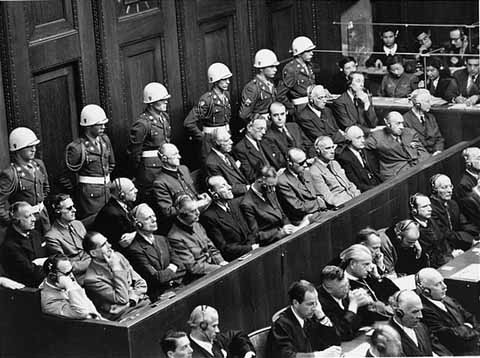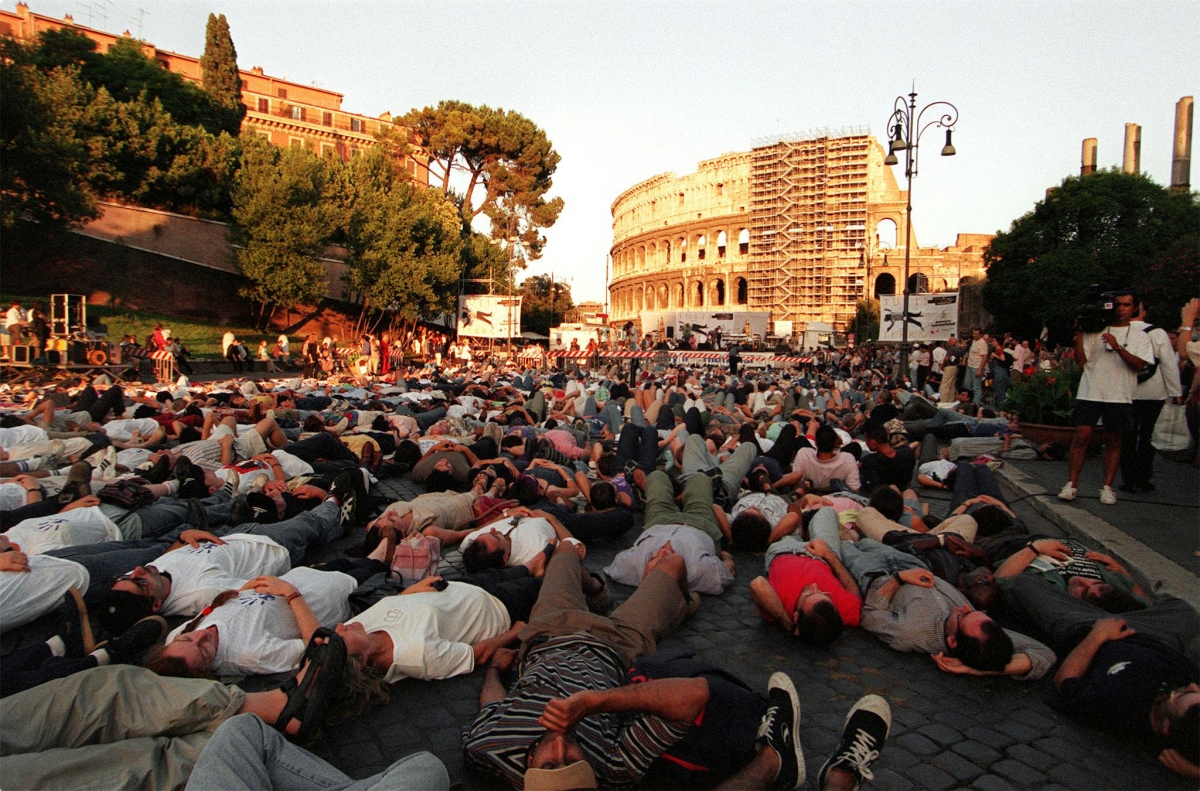A system of justice born of Nazi crimes against humanity

At the end of the Second World War, the Allied powers tried the Nazi leadership for their heinous crimes. Never before had high government and military officials seen such accountability. This was the beginning of the international justice movement we know today.
Yet the onset of the Cold War resulted in little further progress at the international level for over 50 years.
But during this time, advances were being made at the national level. Latin America - Argentina, Brazil and Chile in particular - led the charge in prosecutions of government leaders for mass crimes against political opponents.
In 1989, the fall of the Berlin Wall and consequent opening of the international system allowed the United Nations to set up separate, temporary tribunals to prosecute those most responsible for grave violations of human rights in impunity-fueled conflicts in Yugoslavia, Rwanda, Sierra Leone, and East Timor.
Working with a group of progressive ‘like-minded’ states from around the world – mostly smaller and middle powers - a group of civil society organizations from around the world - the Coalition for the International Criminal Court – began advocating for a permanent international criminal court, with power to prosecute anyone, anywhere for war crimes, crimes against humanity and genocide.
And it worked.
The International Criminal Court that was never supposed to be

Against all the odds - and opposition of the world’s major powers - the Rome Statute was adopted in 1998 by an overwhelming majority of the world’s countries. 139 countries to be exact. The International Criminal Court came into existence in The Hague four years later.
Independent of the UN and its Security Council, with an independent prosecutor and independent judges, and no immunity for heads of state or high officials, this a Court that was never supposed to happen.
A work in progress
Over 120 countries are part of the Rome Statute system of international justice. The progress from idea to reality has been remarkable. But the story does not end there. Mass killings and war crimes continue all over the globe.
The reach and impact of the ICC and international justice is mostly limited to countries that have opted-in to the Rome Statute system. Most of Europe, Latin America and Africa have joined the ICC, but big gaps remain in the Middle-East-North Africa and in Asia. Major powers such as China, India, Russia and the United States remain outside the system.
Much work remains to be done. Mass killings and war crimes continue all over the globe. Justice is uneven. Political attacks continue to mount at the Court become more effective. The ICC is not perfect. The Court needs to improve its delivery of justice to victims, speed up trials, be more transparent in its decision making, and communicate more effectively to the world.
The road ahead
As the world faces resurgent mass violence and widespread impunity, the success of the ICC and Rome Statute system of international justice is more crucial than ever before.
For victims and communities that have seen their lives destroyed by what are truly horrific crimes, delivering on the promises of “never again” by addressing the past is vital to securing a more peaceful future.
Together, we can break the cycle of these heinous crimes and bring justice to victims the world over.
